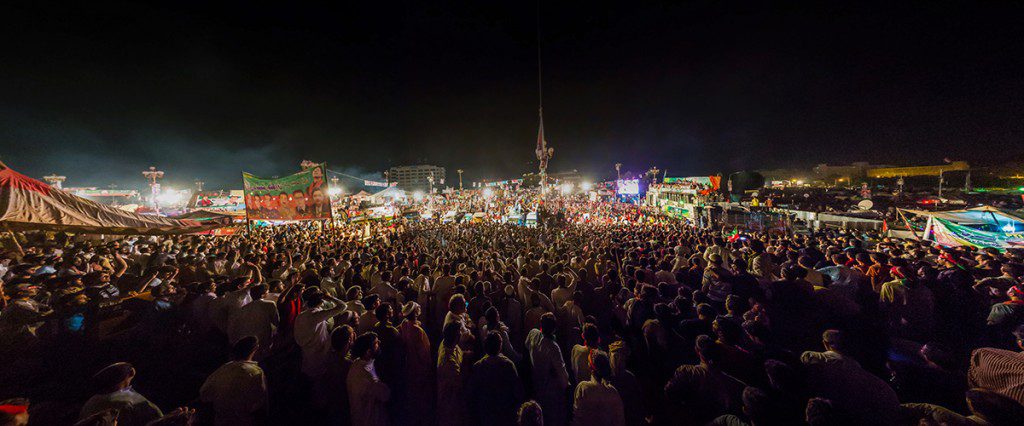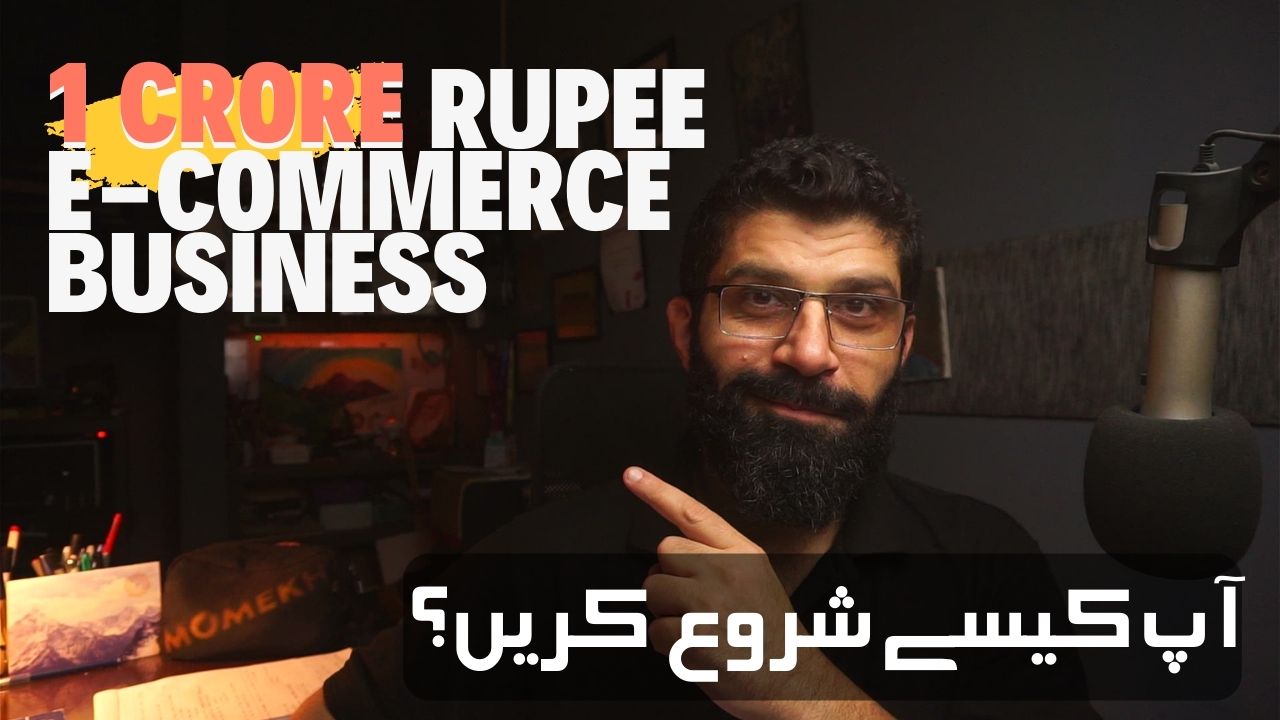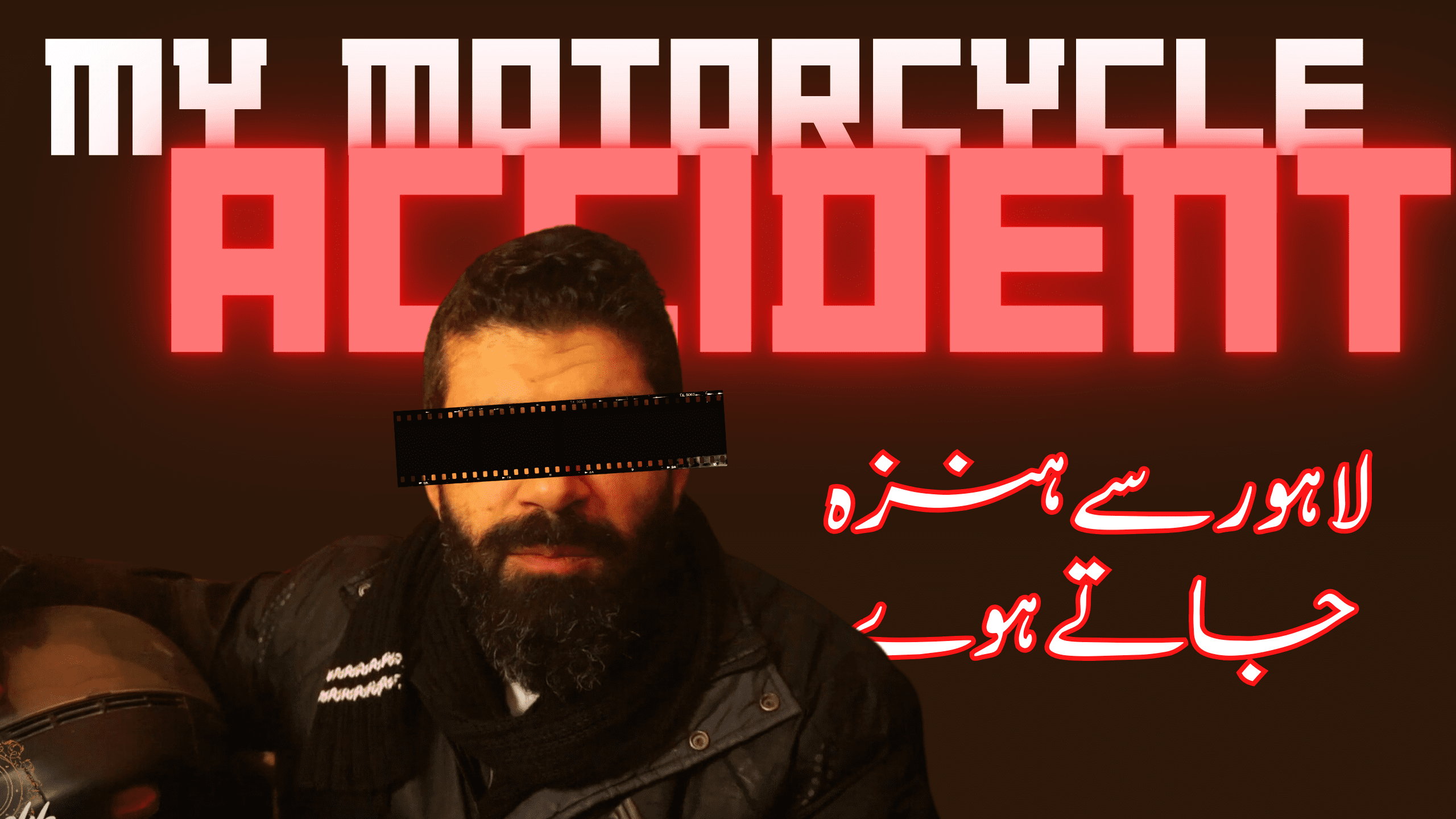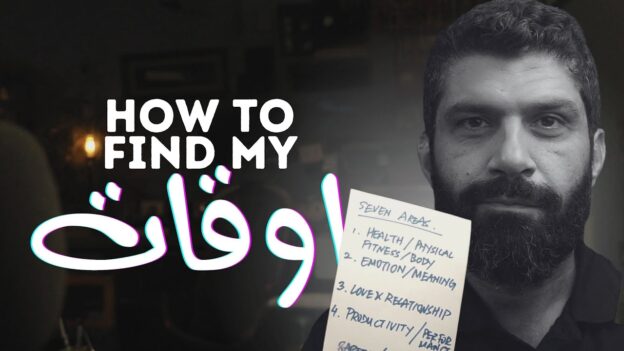In hindsight, a lot of decision are easy to make. All sorts of decisions.
“Of course I would have chosen the religion I have now.”
“Of course slavery was bad!”
“Of course imperialism was unjust!”
“Of course Madiba was wise!” #
“Of course Iqbal was not a heretic!” #
“Of course the political movement was necessary, so what if the corrupt ruling elite declared it illegal? It was right although it was illegal.”
“Of course Hitler was a mass murderer!”
Never forget, whatever Hitler did was legal – Martin Luther King.
But standing on the right side of an argument as it happens is not that easy.
During the struggle for Pakistan, it was easy to be wrong. The Quaid-e-Azam (meaning: Father of the Nation) Mohammad Ali Jinnah actually changed his decision; he first tried for a unified India! But then his struggle was – in totality – for a separate country. But a handful of Muslim Ulemas and religious parties were against this separate homeland business. Those same religious parties – realizing their folly – became the biggest supporter of Pakistan after the creation of the country.
I do realize that each and every line in the above paragraph can be an argument itself. But we are not looking at political arguments, we are looking at a much simpler and harder construct: the moral argument.
+++
There is a compass inside each of us, that always points to true North. We are normally able to decide, in an instant, which option is morally better. What we do about it is a different matter altogether.
That in-built, little compass pays no attention to our desires, our affiliations, and silently points to what is right. We know. We don’t even have to look deep inside; we just need to ask ourselves, “is this the better thing to do?” The answer comes very quickly. Almost scary.
But what do we do about it?
Pakistan’s current political turmoil is a classic example: the second largest political party in Pakistan has taken to the streets, with a sit-in in front of the Parliament and a call for civil disobedience. The sit-in is entering into its 33rd day as I write this.

So, one group wants a free and fair re-election. The ruling party, after admitting that the elections were not fair, has decided to stop them.
The ruling party makes the rules. Only a few days ago, they ended up “arresting” more than 3000 people. Three. Thousand. People. No charge, just arrests. All that in one day.
Never forget, whatever Hitler did was legal
Difficult Decisions
The easier question is, “do you want a free and fair election?” The compass points to a solid ‘yes’. But what do we do now?
That’s where the argument gets messy.
Go out on the streets? Or just wait it out? Support the protesters and risk anarchy, or support the government and risk nothing?
For me, the important question is where do I stand on this…
Going on the streets will make it happen? No one knows.
Will waiting it out help? Never did.
So after compass points out the truth, the rational mind comes in and helps us pick. If the options are “who knows” and “never works”, it is better to pick “who knows” because the other we know “never works”. Maybe we can make it work. Right?
Right?
My job is not to convince you. My attempt is to remove the presentation layer, and arrive at the core. So one can decide.
It is better to decide and be ready to be proven wrong, than to not decide at all.
But standing on the right side of an argument, on the right side of a cause, on the side of Truth – that’s not easy. And that, ladies and gentlemen, is the test: our decisions in tougher times.
I hope you choose the right side, even if it is not the side that I’m on. And more importantly, I hope you do pick a side. Raise the stakes, get your skin in the game, make it count.
Because cynics are boring.
+++
Photo credit: Ahmed Sajjad Zaidi.



